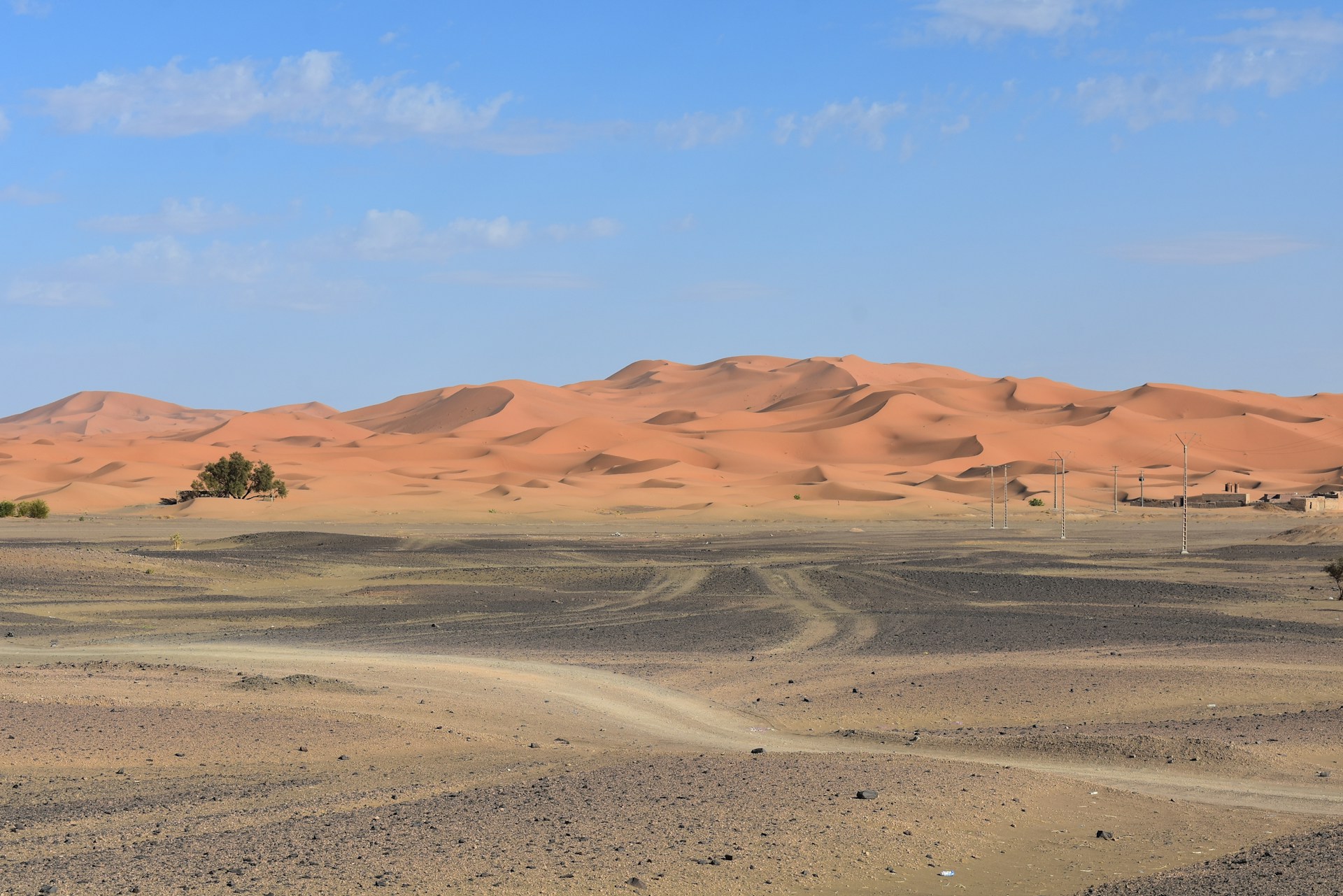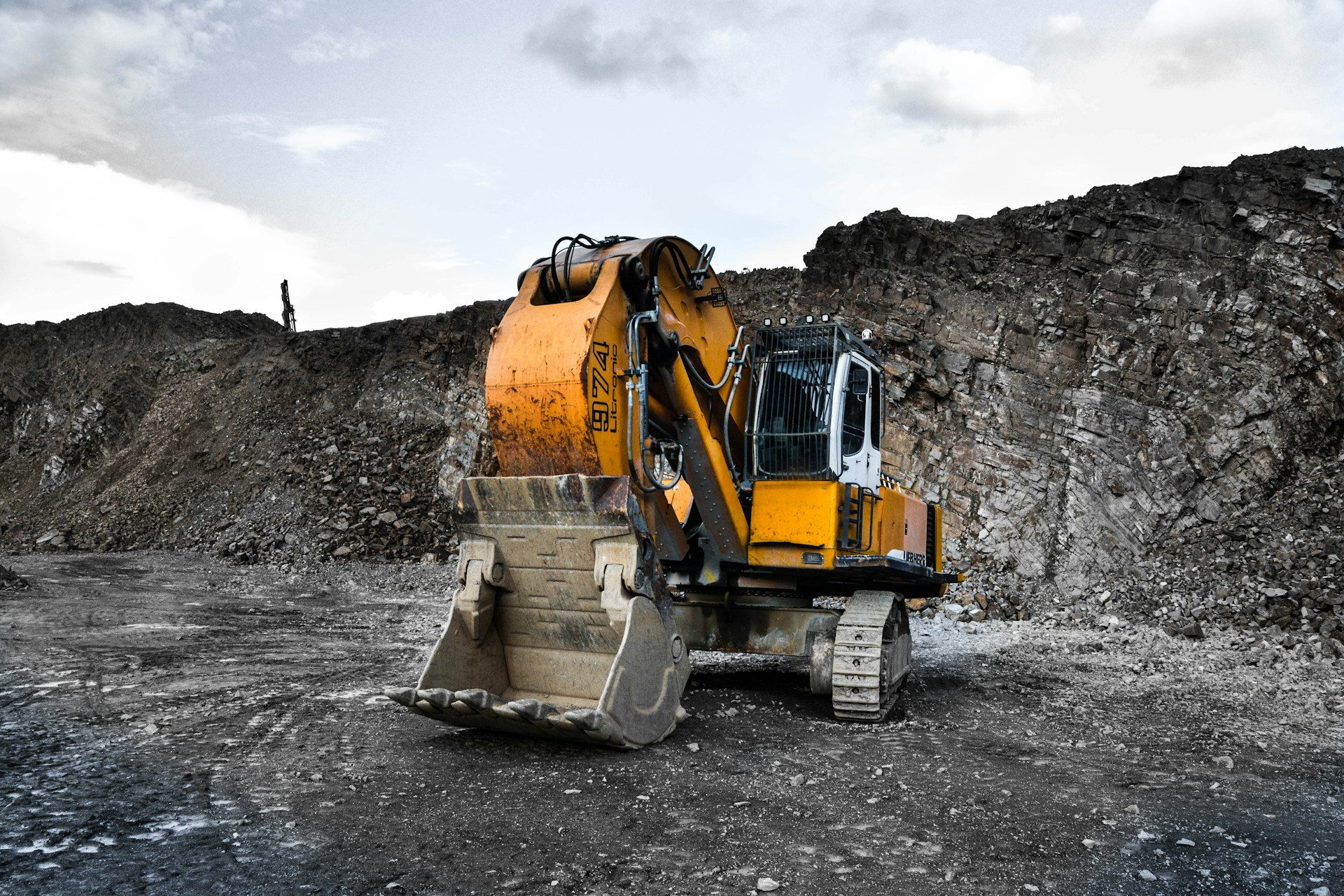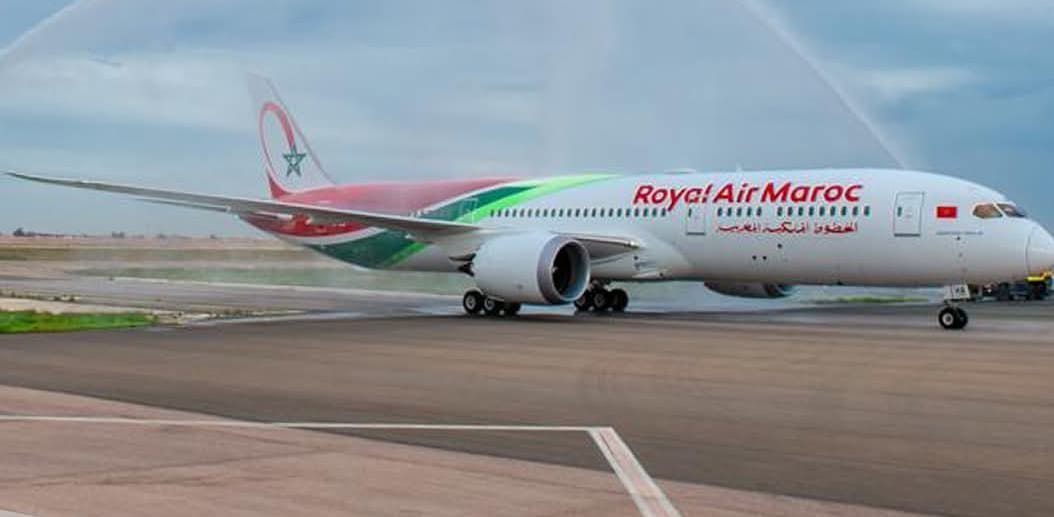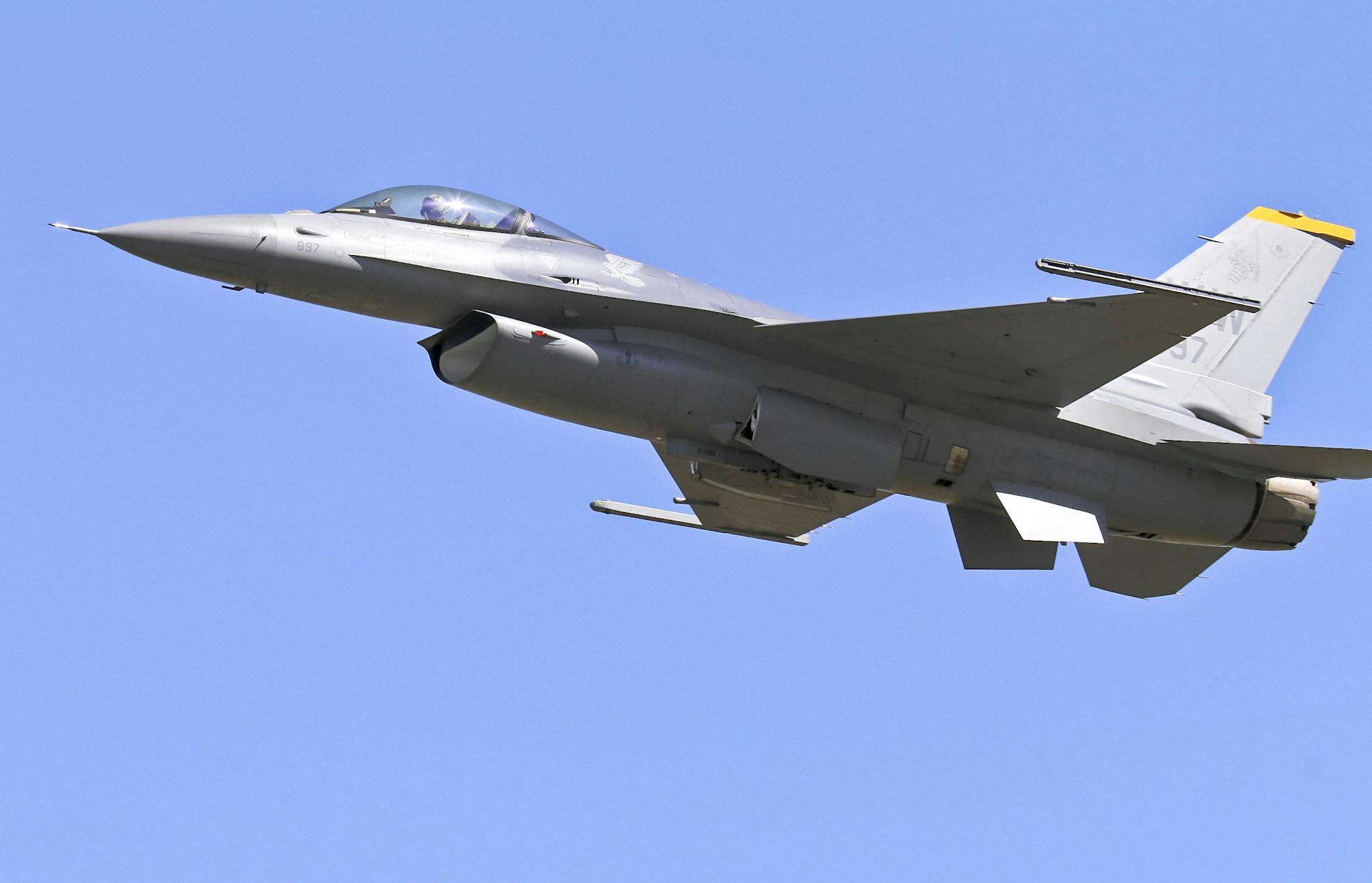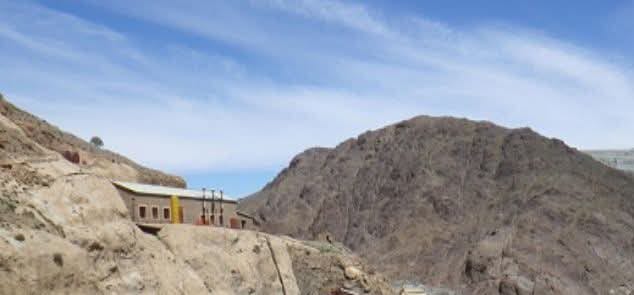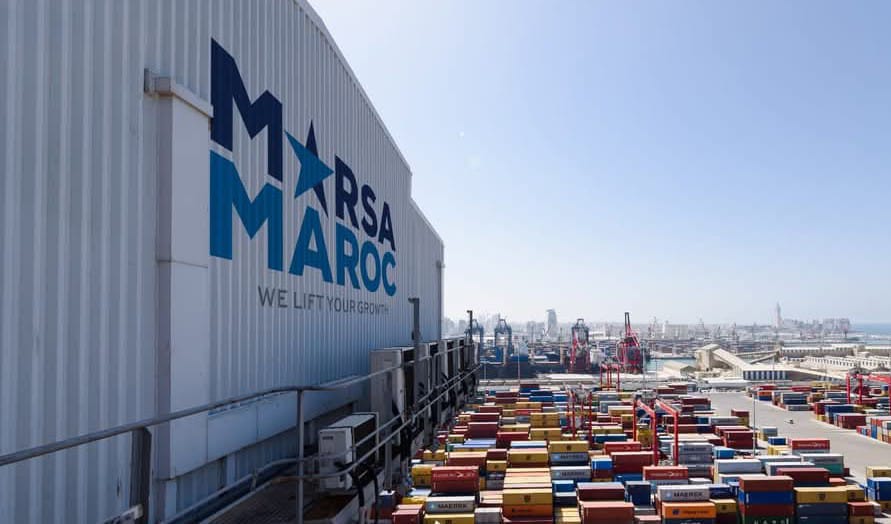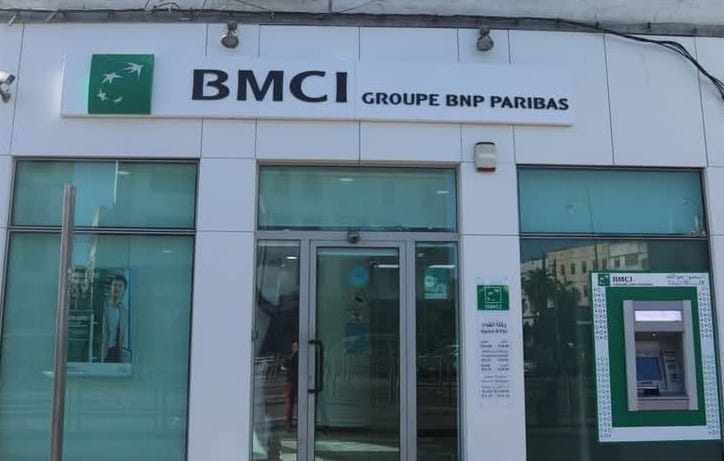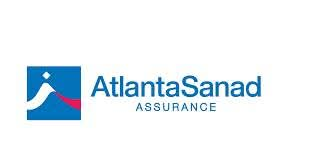Casablanca – In a renewed push for economic collaboration, France has committed to several high-profile investments across Morocco’s southern regions, including a groundbreaking satellite project scheduled for completion by 2028. A total of 18 agreements were signed on Tuesday between Moroccan and French enterprises, aiming to bolster infrastructure, support education, and address essential technology needs, following an additional 22 agreements finalized the day prior.
The latest agreements are a focal point of French President Emmanuel Macron’s visit to Morocco and include a range of strategic developments. Notably, one of the major projects involves a $211 million satellite from Thales Alenia Space to improve high-speed internet across Morocco and West Africa by 2028. This addition aims to enhance Morocco’s technological infrastructure and digital reach, aligning with both nations’ goals for expanded connectivity.
Other key initiatives target water security and advanced regionalization. France is supporting Morocco’s plans for seawater desalination with a new strategic partnership that will enhance water access in the southern provinces. Additionally, the French Development Agency (AFD) will issue a $26 million loan to the Guelmim-Oued Noun region to support local development, reduce social inequalities, and further Morocco’s regionalization objectives.
Casablanca-Settat will also benefit from AFD’s involvement, receiving a $106 million loan to support the infrastructure required to co-host the 2030 World Cup. This significant investment reflects the growing emphasis on international collaboration to ensure Morocco’s readiness for the global event.
In education and innovation, the agreements provide for the creation of five research and training centers to address major scientific and technological challenges. These centers, part of Morocco’s “Central Schools” network, will focus on critical 21st-century fields like aerospace, biotechnology, cybersecurity, and sustainable development, marking a pivotal step for the country’s research landscape.
Supporting sustainable energy has also become a primary goal. A joint French-Moroccan initiative to produce e-fuel in the Dakhla-Oued Ed-Dahab region will establish an annual output of approximately 500,000 tons of renewable methanol and kerosene, catering to a rising demand for green fuels. This collaboration aims to promote renewable energy practices across Africa, focusing on information-sharing and distribution networks.
Further agreements cover areas such as artificial intelligence, higher education, environmental initiatives, and projects across sub-Saharan Africa. With this expanded partnership, Morocco and France are set to strengthen ties in crucial sectors, promoting shared growth and development across the region.






